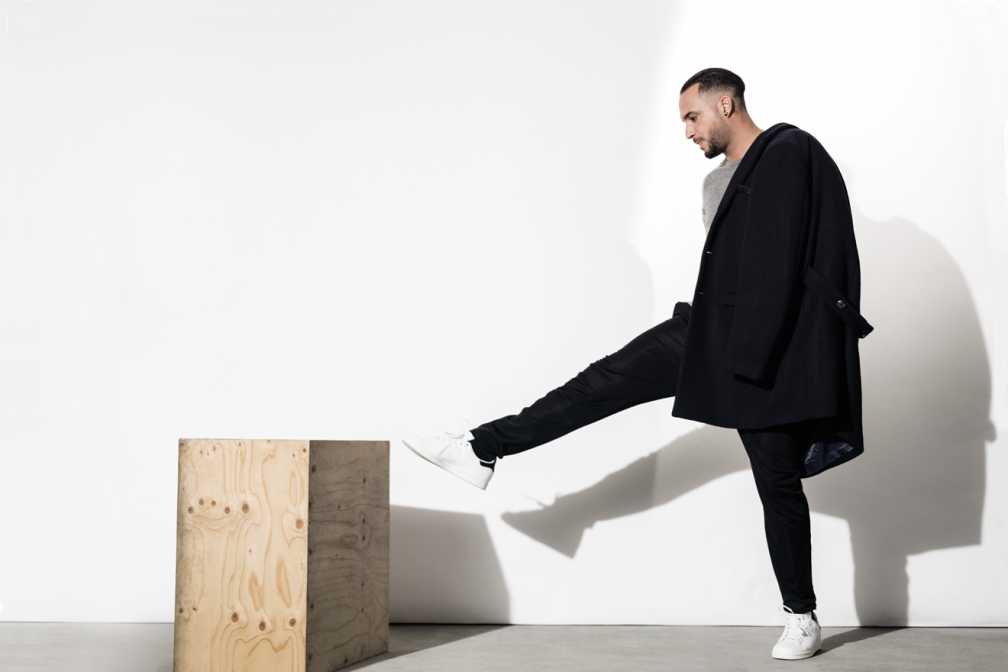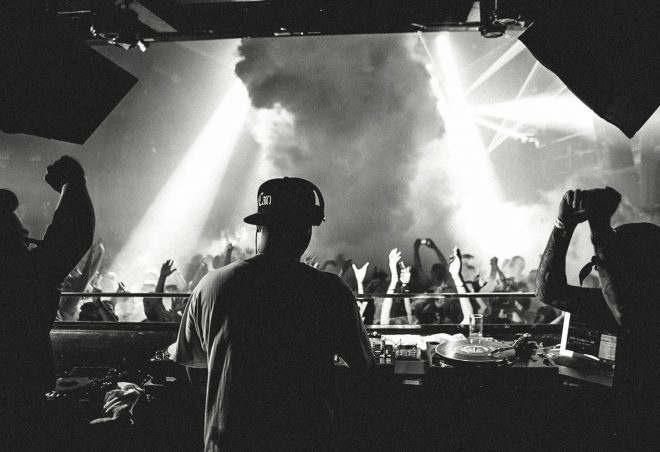 Features
Features
Cover Feature: Loco Dice
Loco Dice is back: and not just on Ibiza
Dice starts off diplomatically when we ask about the 2010/2011 revolution in Tunisia, the country he used to spend every summer holiday with his family. But after explaining that his opinions are diluted by only hearing news second- or third-hand, he switches to full flow, leaning forward to tell us he's flying there to play the next day – despite having been given warnings not to because of terrorism. "How much more can we show that we're cool people?" he asks, frustrated, explaining that the country needs European help. "We started the revolution, and the revolution is still alive. I feel for the young brothers and sisters in my country. They only want good education and a good life, and they're fighting for it."
Dice understands, because Tunisia's struggle encapsulates his own. Before getting a German passport his teenage prospects seemed bleak. Growing up in a rough area of Düsseldorf called Flingern, it was inevitable to him that his life would go down a well-worn path. His first cigarette, his first joint, his first fight. Kids like him were destined to be criminals and thugs. Prison beckoned. Alienated from his surroundings, he found identification in the faraway struggles depicted by NWA, Ice-T, Ice Cube and Public Enemy. A plan began to form. Rooting through other people's rubbish to find old turntables to fix, music would be his way out.
“We never reached the status of Afrojack, but we still rock 20,000 people”
Tweet this quote
"I hated it and loved it at the same time," says Dice of his old neighbourhood, which he nods to on album track 'Back in Flingern'. Like him, though, it's experienced a massive turnaround. In 2006 he and Buttrich moved to Brooklyn, New York, swapping one graffiti-covered area for another, to record Dice's debut album. While there, his partner in booking agency Artist Alife set up their offices just a block from where Dice grew up. "It's the coolest spot now," he laughs at this unexpected aspect of gentrification.
This early period formed the unique visual way that Dice produces music. "We were making a movie in our head," is how he describes soaking up hip hop's vivid tales; "we escaped into a dream world which kept us alive somehow." He still has a grand internal cinematic vision, knowing when to drop a bassline in the studio because of what's happening to a character in his head. It's something he's coaxing out further for 'Underground Sound Suicide', each release having its own video. The first, for 'Get Comfy', draws inspiration from Blade, The Prodigy's 'Firestarter' and Dice's love of kung-fu flicks.

His recent return to his roots reignited his first musical love, a sound he's never stopped listening to. He's animated while telling us stories of almost having Busta Rhymes on the album, his excitement at seeing the platinum discs hanging in Just Blaze's house and how, despite not knowing much about grime, he got on with Giggs because "Hip hop guys know each other. It clicked between us right away."
After growing up in what he calls its golden age, which he says died along with Tupac and Biggie, he's totally enthused again. "Meek Mill and Drake are dissing each other to death. The entertainment that was in hip hop is completely back, but without killing each other." Just Blaze, or A$AP Rocky and Skrillex, show how hip hop is fusing with electronic music. This he credits to Timbaland, who paved the way by using that acid house staple, the 303, in Aliyah's 'Try Again'. Everything he holds dear is beginning to converge.


